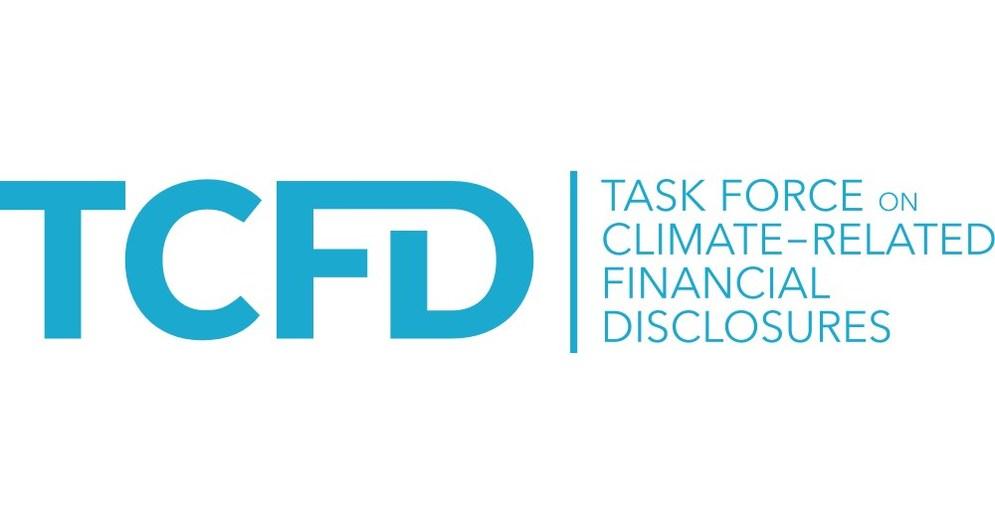Climate-related Financial Disclosures
The Task Force on Climate-related Financial Disclosures (TCFD) released a report aimed at analyzing the current company information disclosure situation.
This report is the sixth annual report released by TCFD and also contains relevant insights gained since TCFD was established. TCFD has become the basic framework for international climate disclosure and promoted the IFRS S1 and IFRS S2 disclosure frameworks issued by the International Sustainability Standards Board (ISSB).
The History and Development of TCFD
In 2015, the Financial Stability Board (FSB) announced the establishment of TCFD to provide companies with a climate-related financial information disclosure framework and support more efficient capital allocation. TCFD subsequently publishes an annual report each year in order to improve the climate disclosure framework.
After the ISSB issued IFRS S1 and IFRS S2 this year, FSB believed that the mission of TCFD had been completed and planned to dissolve TCFD after the release of this year’s annual report. Therefore, this report, as the last TCFD annual report, summarizes the progress of global climate-related financial information disclosure in recent years.
Related Post: Deep Dive on IFRS General Requirements for Disclosure of Sustainability-related Financial Information
Related Post: Deep Dive on IFRS Climate Related Sustainable Disclosure Standards

Climate-related Financial Disclosures of Companies
TCFD used artificial intelligence technology to review more than 1,300 climate-related financial disclosure reports, covering 2020, 2021 and 2022. The proportion of companies adopting the TCFD disclosure framework is continuing to grow. 58% of companies have adopted 5 TCFD recommendations in information disclosure (the total number of recommendations is 11), but currently only 4% of companies have adopted all 11 recommendations.
Disclosure of climate-related risks and opportunities increases by 26%, board oversight increases by 25%, and climate goal increases by 24%. 71% of companies disclosed indicators of climate-related risks and opportunities, and 11% disclosed the resilience of their corporate strategies under climate scenarios.
Analyzing the annual changes, the average number of company disclosures in 2020 was only 3.2. In 2021, this number increased to 4.6, and in 2022, this number increased to 5.3. In terms of disclosures by region, Europe has the highest average number of disclosures (7.2), followed by Asia Pacific (5.0) and North America (4.6).
Climate-related Financial Disclosures of Financial Institutions
Financial institutions, such as asset owners and asset managers, are also required to disclose climate-related financial information in response to requests from regulators, customers and investors. TCFD also reviewed the reports disclosed by these financial institutions to assess the methods and effects of their climate investments. Among the 150 responses, 139 financial institutions have implemented the TCFD disclosure framework, accounting for 93%.
TCFD found that 84% of asset owners and 70% of asset managers have begun to disclose climate-related information, with 36% of asset owners and 70% of asset managers disclosing more than five items. Both of them agree that the biggest current challenge is insufficient information provided by investees.
In terms of carbon emissions, 30% of asset owners and 40% of asset managers have published greenhouse gas emission targets, and 14% of asset owners and 20% of asset managers have disclosed the carbon intensity of investment products.
TCFD’s Recommendations on Climate-related Financial Disclosures
TCFD provides suggestions for various jurisdictions to develop climate disclosure frameworks, and also provides assistance for the comparability and operability of subsequent disclosures. TCFD has made some suggestions for other institutions, including ISSB, to carry out climate-related financial information disclosure.
TCFD believes that the ISSB needs to develop specific guidance on Scope 3 carbon emissions and focus on companies’ strategic resilience under different climate scenarios. At the same time, ISSB needs to continue to pay attention to disclosure frameworks on other sustainable development topics (such as biodiversity, water resources) and consider their relationship with climate issues.
Reference:








